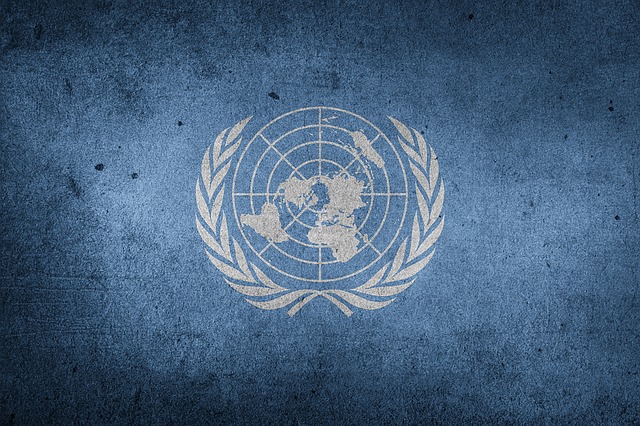The N-VA party, the largest party in the Belgian coalition government, is against the Pact and started a social media campaign against it.
In contrast, the Prime Minister, Charles Michel, belonging to the francophone liberal party Mouvement Réformateur, has been for joining the Pact in Marrakesh.
Now, in order to save the coalition government, Mr Michel yesterday announced to take the issue to parliament for vote in the days to come. He then wants to go to Marrakesh and announce the decision of the parliament there.
In this, Mr Michel follows the example of several countries.
The Pact caused a government crisis in Estonia a few weeks ago. The government then took the issue to the Estonian parliament which voted in favor of the Pact—thus, the Estonian government will send a representative to Marrakesh to accept it.
Switzerland will not join the Pact in Marrakesh, but the government wants to put the issue to the Swiss parliament at a later time point, and depending on the result of the parliament’s vote, it might join the Pact later.
Italy will also not join the Pact in Marrakesh. The Italian Government wants the Italian parliament to vote on it. It might join the Pact at a later time point, depending on the vote’s result.
The original idea in all of these countries was that the governments will decide, without even discussing it in the parliaments and certainly without asking the people in a referendum. It is amazing that a Pact with such potentially huge consequences for the future of these countries was to be joined under such circumstances.
Often the population was hardly informed about the Pact. In Germany, for example, not even an official German translation of the Pact’s text was available until a few weeks ago. It is difficult to escape the impression that the German Government tried to join the Pact, almost in secret, behind the backs of the population. The media helped the Government in this effort by its long silence on the Pact.
Now, almost in the last minute, the governments are forced by government crises (as in the case of Estonia and Belgium) or by campaigns by opposition parties (as in the case of Germany, by the AfD) to ask at least the national parliaments for a vote on the Pact.
New development: today, in the Belgian Parliamentary Committee on Foreign Relations, a majority has approved to join the UN Migration Pact. The Government coalition party N-VA voted against it. Tomorrow, Thursday, the resolution will be discussed in the Belgian Parliament.
